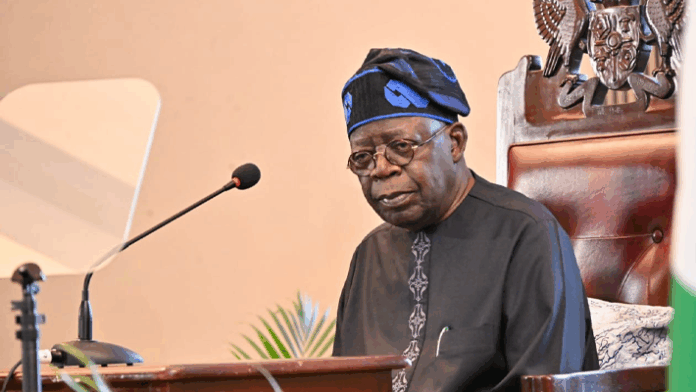By: Daure David
The Foreign Direct Investment (FDI) into Nigeria has suffered a staggering decline, raising alarm over the country’s economic trajectory and the effectiveness of its leadership. According to the latest figures released by the National Bureau of Statistics (NBS), FDI dropped by nearly 70% in the first quarter of 2025, falling to a mere $126.29 million from $421.8 million in Q4 2024.
This sharp contraction comes despite the frequent international engagements by top government officials including the President and key ministers who have been traversing the globe in search of foreign investment. Critics argue that these efforts have yielded little, pointing to Nigeria’s poor performance in critical governance indicators such as rule of law, regulatory quality, government effectiveness, and voice and accountability.
Of the total capital importation of $5.64 billion in Q1 2025, FDI accounted for only 2.24%, a steep drop from 8.2% in the previous quarter. Alarmingly, approximately 90% of the imported capital was channeled into speculative money market instruments, which offer minimal impact on industrial growth or job creation due to their volatile and short-term nature.
The manufacturing sector, a key driver of sustainable development, also witnessed a significant decline in capital flows down by 32.1% to $129.92 million in Q1 2025 from $191.92 million in Q1 2023. Analysts say this reflects waning investor confidence in Nigeria’s economic reforms, which are widely perceived as reactive and poorly coordinated.
While global FDI flows dipped in 2024, Africa bucked the trend, attracting a record $97 billion a 75% increase from 2023. Egypt led the continent with $46.58 billion, followed by Ethiopia, Côte d’Ivoire, Mozambique, Uganda, and others. Nigeria, however, received only $1.08 billion, representing just 1% of Africa’s total and a 42% drop from 2023.
The situation has worsened in 2025, with FDI plunging another 75% between Q4 2024 and Q1 2025. This double-digit decline underscores the urgent need for structural reforms and improved governance to restore investor confidence.
Commenting on the report, former presidential candidate Peter Obi stated, “Sustainable economic growth and development cannot be achieved through poor leadership and weak governance problems that are clearly reflected in declining FDI and our poor performance in key governance indicators.” He added, “A New Nigeria is Possible!”
As Nigeria continues to grapple with economic challenges, stakeholders are calling for a shift from cosmetic reforms to deep-rooted institutional changes that prioritize transparency, accountability, and strategic planning.







